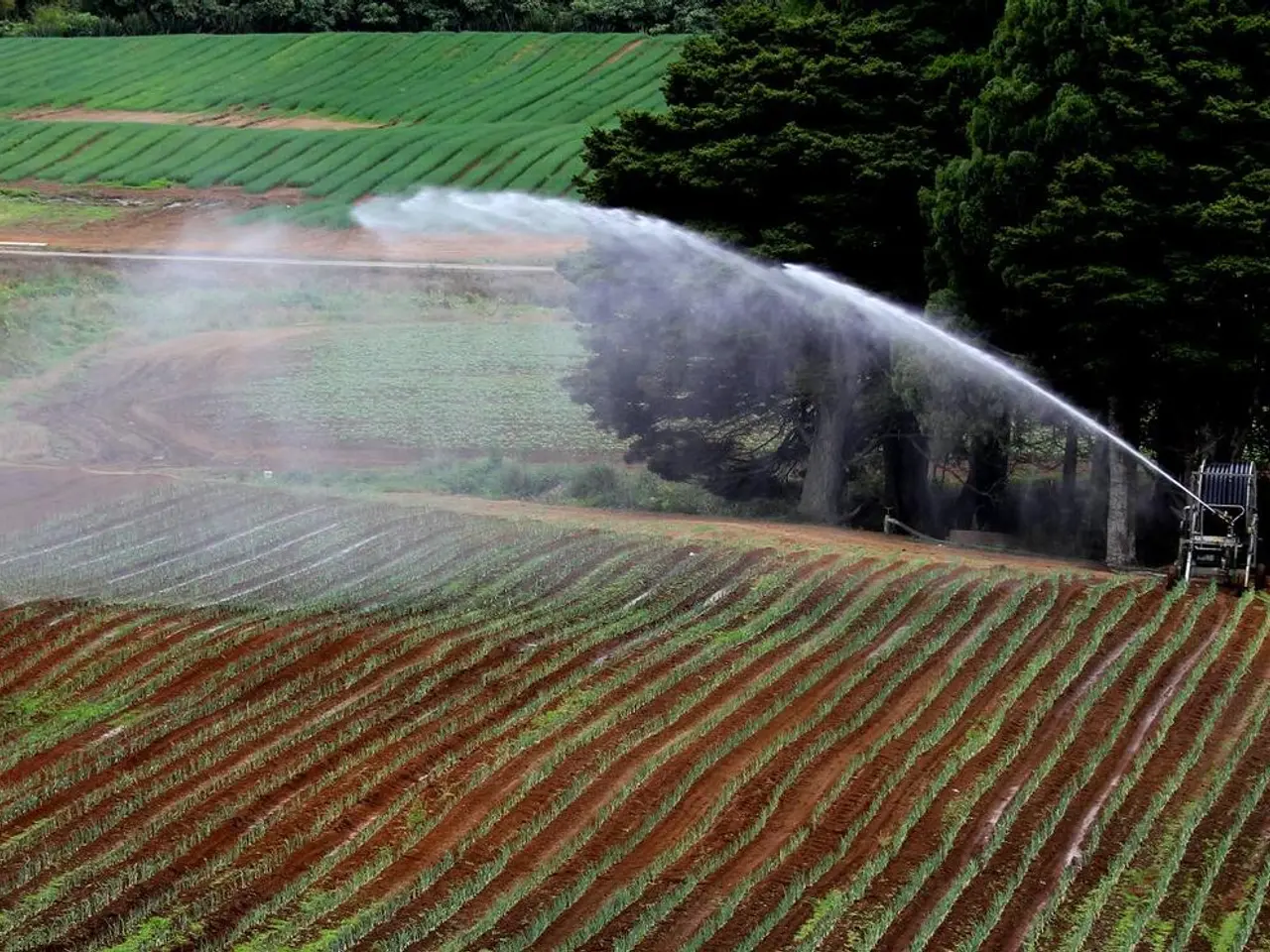"Presently, the situation is under control"
=======================================================================
In the picturesque town of Saint-Ubalde, Quebec, Shawki Tallous and Mariem Ksaier, originating from Tunisia, have been making a new life for themselves over the past year. Their story, like those of many other Tunisian immigrants, reflects both the opportunities and challenges they encounter in the current immigration landscape.
Opportunities Abound
Quebec, with its favourable immigration policies, has been a beacon for French-speaking applicants such as Tunisians. Programmes like the French Mobility Candidate Selection Program (FMCSP) offer eligible French-speaking students from 33 countries, including Tunisia, the chance to study in Canada and apply directly for permanent residency after graduation, provided they meet certain criteria such as full-time study in French, sufficient language proficiency, and financial means.
Moreover, the resumption of the Skilled Worker Selection Program in Quebec in July 2025 has provided additional pathways for skilled Tunisians to immigrate. Francophone mobility programmes and activities by Destination Canada also facilitate job placement and settlement by connecting French-speaking immigrants with employers outside Quebec who are seeking bilingual candidates.
Navigating Challenges
However, the path to Quebec is not without its hurdles. In 2025, Quebec placed a moratorium on two major immigration programs, which may temporarily limit some Tunisians’ ability to immigrate quickly through traditional provincial programmes. Students and applicants must prove proficiency in French at a specific level (NCLC 5), maintain sufficient funds to support themselves, and face rigorous documentation processes, including medical exams and police certificates.
Navigating changes in immigration policies, draws, and program pauses requires close attention to avoid delays or denied applications. For instance, Shawki Tallous, despite his university degree in agronomy, found work as a machine operator at Alcoa, an aluminum smelter, after a careful recruitment process and the resignation from his previous job at Patates Dolbec. His job at Alcoa, while providing him with a substantial hourly wage increase from $26 to $46, is precarious, with irregular hours and Shawki being on call.
A Growing Community
Despite these challenges, the Tunisian community in the region is growing. Some new arrivals are housed by their employers, while others rent apartments in Sainte-Anne-de-la-Perade and Saint-Casimir. Mariem Ksaier, who works at a daycare and is the only immigrant there, is the mother of two children, the most recent addition, Naseem, born in October.
Mariem Ksaier, who is currently on maternity leave, is considering going back to school, possibly in agronomy or early childhood education. Shawki Tallous, the only employee of Tunisian origin at Alcoa, which has over 500 employees, mostly Quebecers, has no plans to move from their modest but owned apartment on Saint-Paul Street.
In conclusion, Tunisians like Shawki Tallous and Mariem Ksaier have opportunities through Quebec’s Francophone-focused immigration streams, particularly via study-to-permanent residency pathways and skilled worker programs. However, they must manage the challenges of stringent eligibility requirements, language proficiency, financial proof, and temporary moratoriums on some immigration programs imposed in 2025. These conditions illustrate both the promising prospects and the hurdles faced by Tunisian immigrants aiming to settle in Quebec today.
- Shawki Tallous and Mariem Ksaier, having settled in Quebec, are exploring various aspects of the French lifestyle, including fashion-and-beauty stores in Saint-Ubalde's downtown.
- As part of their new lifestyle, they have developed an interest in exploring the culinary scene, frequently sampling food-and-drink offerings from local French restaurants and markets.
- In their home-and-garden, they enjoy nurturing their pet cat, which they brought from Tunisia, and are considering getting a dog from a local shelter, contributing to the pet adoption cause.
- To further expand their experiences, Shawki Tallous and Mariem Ksaier plan on traveling within Canada during their spare time, immersing themselves in Canadian culture, and potentially visiting French-speaking provinces like Ontario and New Brunswick, as a part of their continued education-and-self-development journey.




